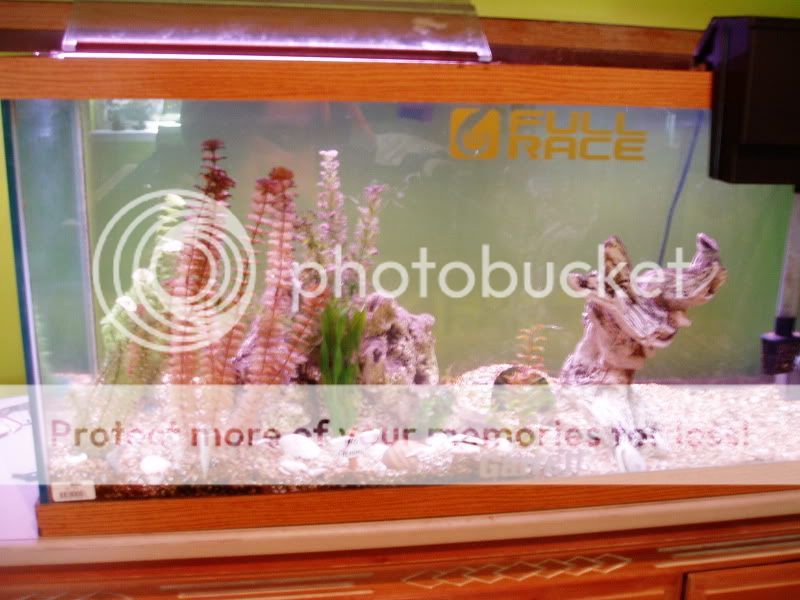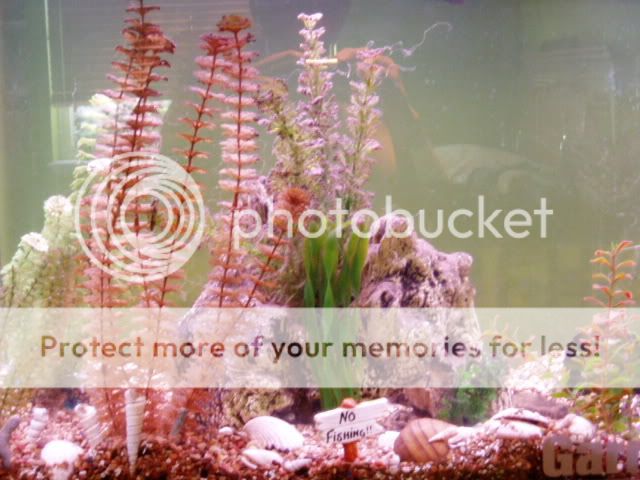herrrerrera
New Member
- Joined
- Aug 25, 2009
- Messages
- 50
- Reaction score
- 0
Ive had a 120gallon freshwater tank for 6years, with 2 oscars and 1 blue gill i caught from the pond years ago. ive never had any problems.. however prior to this set-up it used to be salt water, which i tried for about 6months, went through about 11-15 fish, non of them lived more than a month, so i gave up, and changed to my current freshwater set-up..
I went to a new pet store that had opened today and they had tons of amazing salt water fish. and it completely rised interest in them again..
I gave up the first time cause i could not figure out what i did wrong. and they guy that got me started, said it was very easy to maintain and care for saltwater, just to buy one of those plastic salt/water regulator guages make sure the gauge on the needle always points to safe level..
Obviously there was more to know than that.. or did i just have bad luck? or are salt water fish very fragile and die easy??
can anyone give me the quick saltwater 101 of what i need to know?
i also remember once every few months i would get these little bugs that stuck to the glass and would multiply rapidly..
was it maybe a filtration issue?
i always took in samples of water to get tested, and they always said it looked fine. sometimes i would have a little high nitrate ? sp?? level. and that was from not changing water quite frequintly enough.
so should i give salt water another shot? is it really harder to maintain saltwater tanks over fresh water?? what did i do wrong?
or should i just stick with freshwater. thanks
I went to a new pet store that had opened today and they had tons of amazing salt water fish. and it completely rised interest in them again..
I gave up the first time cause i could not figure out what i did wrong. and they guy that got me started, said it was very easy to maintain and care for saltwater, just to buy one of those plastic salt/water regulator guages make sure the gauge on the needle always points to safe level..
Obviously there was more to know than that.. or did i just have bad luck? or are salt water fish very fragile and die easy??
can anyone give me the quick saltwater 101 of what i need to know?
i also remember once every few months i would get these little bugs that stuck to the glass and would multiply rapidly..
was it maybe a filtration issue?
i always took in samples of water to get tested, and they always said it looked fine. sometimes i would have a little high nitrate ? sp?? level. and that was from not changing water quite frequintly enough.
so should i give salt water another shot? is it really harder to maintain saltwater tanks over fresh water?? what did i do wrong?
or should i just stick with freshwater. thanks




